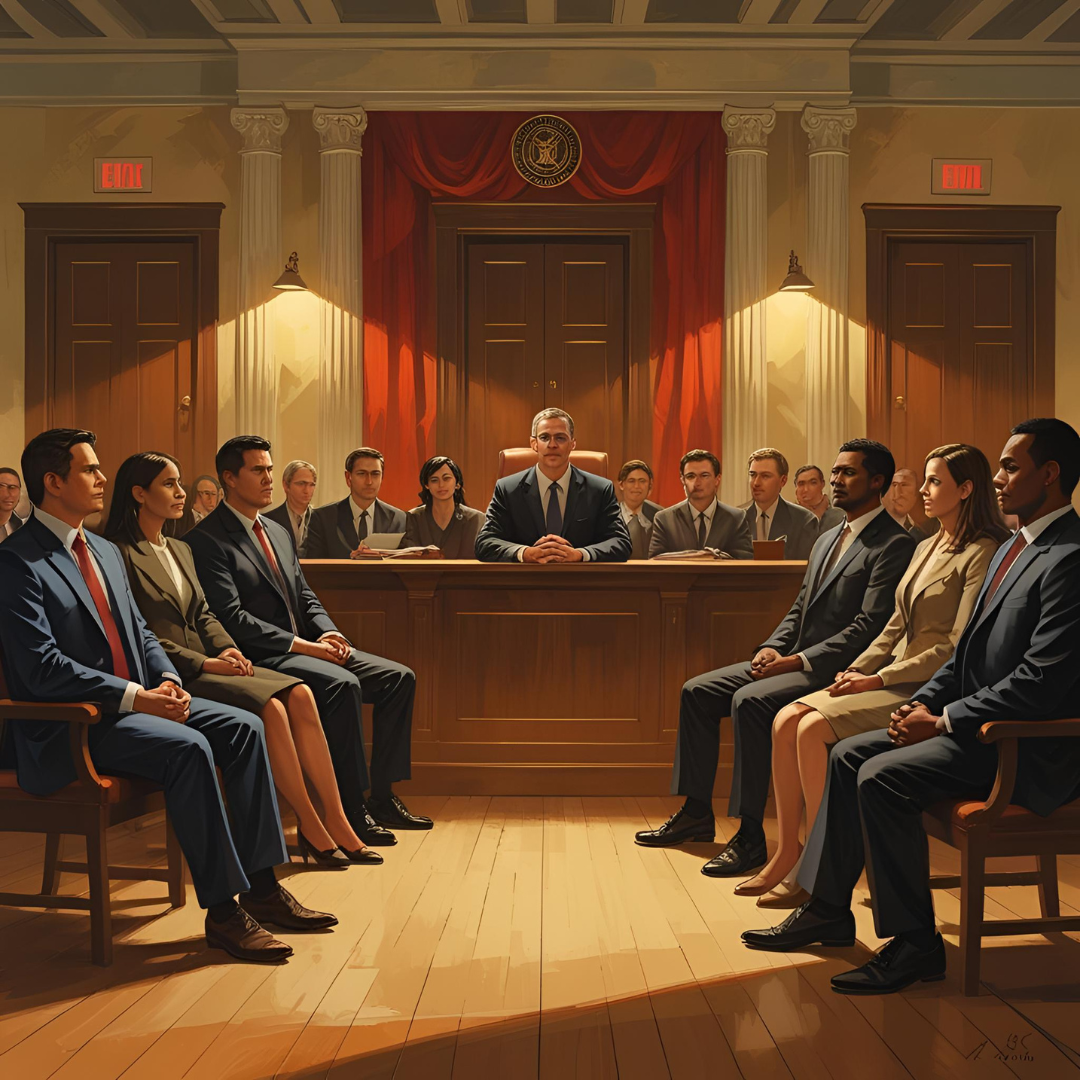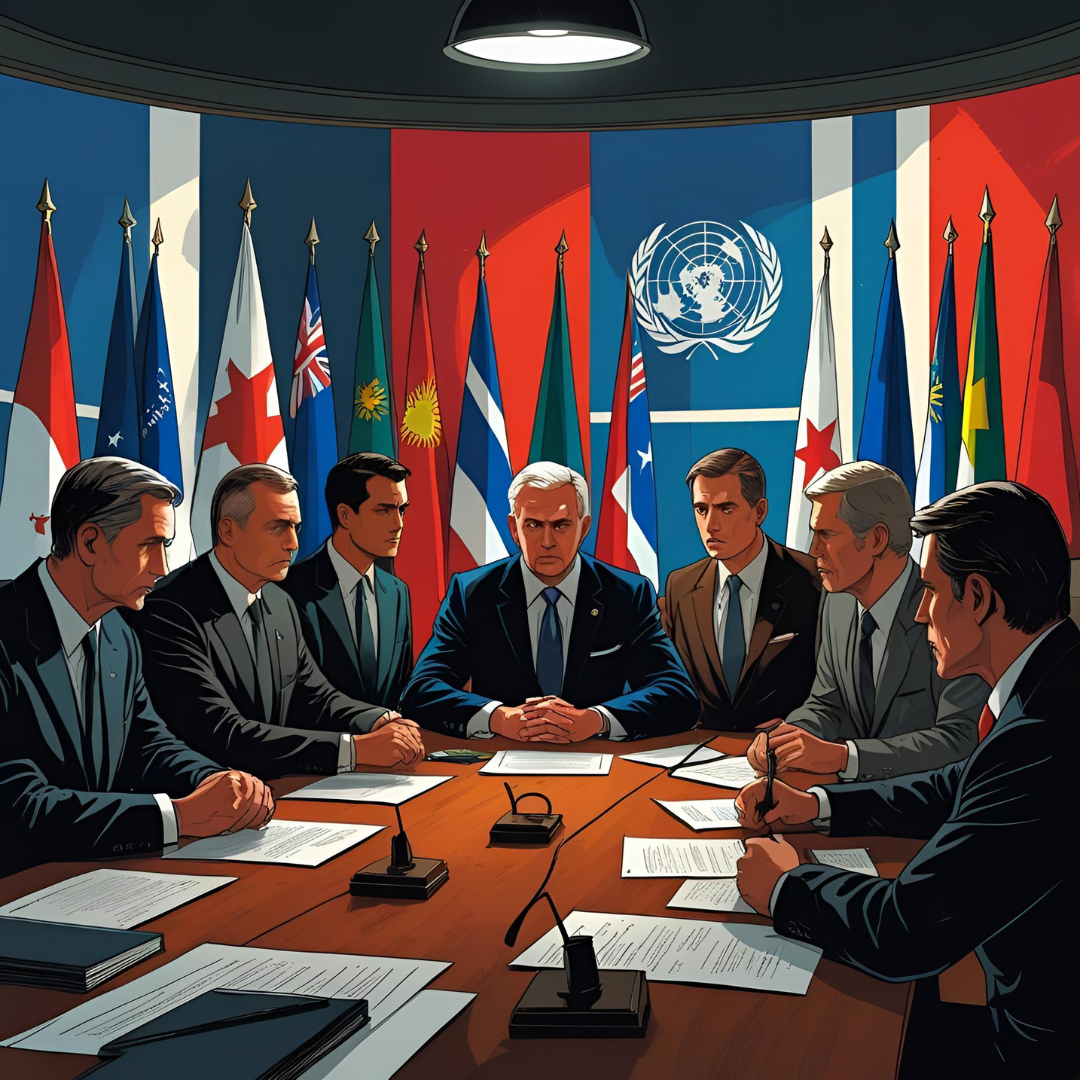Injury of a Foreign National in Mob Violence: State Responsibility Under International Law
Facts of the Case
‘A’, a citizen of Country Y, was visiting Country X as a tourist. During his stay, an unexpected mob erupted in a local district due to political unrest. Caught in the chaos, ‘A’ suffered serious injuries.
The authorities in Country X claimed the event was spontaneous and uncontrollable. However, Country Y demanded compensation, asserting that Country X failed to protect its national. This raised a fundamental question in public international law: Can a state be held responsible for injuries caused to foreign nationals by private individuals during sudden civil disturbances?
Issues of the Case
- Is Country X internationally liable for failing to prevent the injury of a foreign national?
- Does Country Y have the right to claim damages on behalf of its citizen?
- What is the threshold of responsibility in cases involving actions of private actors like mobs?
- Under what circumstances does State Responsibility for Injury to Foreign Nationals by Private Actors arise?
Principles and Related Case
The principle of State Responsibility in international law is well-established. A state can be held accountable for acts of omission—especially when it fails to protect foreign nationals from violence, even if that violence comes from private individuals.
Under customary international law, a state must exercise “due diligence” in protecting foreign nationals. If a state does not take reasonable measures to prevent or control acts of violence within its territory, it may be held liable.
The Neer Claim (United States v. Mexico, 1926) set a benchmark. In that case, the tribunal stated that an international claim arises only when a state’s conduct falls below “international standards of justice”. A single act of violence by a private mob does not automatically create liability, unless the state’s inaction was clearly negligent or indifferent.
The concept of State Responsibility for Injury to Foreign Nationals by Private Actors hinges on whether Country X took all reasonable steps to protect public safety. If it failed to warn, deploy security forces, or investigate afterward, then Country Y has a legal ground to demand reparations.
Judgement
In this scenario, Country X is not automatically responsible for the injury suffered by ‘A’. However, if investigations show that:
- The mob attack was foreseeable,
- Authorities failed to respond in a timely manner,
- There was a pattern of negligence in law enforcement,
then Country X could be held responsible under international law.
Country Y can invoke the principle of diplomatic protection to raise a claim before international forums or through bilateral channels. If Country X denies compensation, the matter could be referred to an international tribunal or resolved via diplomatic negotiation.
The key test lies in whether Country X upheld the expected standards of due diligence. Mere occurrence of violence doesn’t prove liability. Failure to act within a reasonable capacity does.
Thus, international law supports the idea that State Responsibility for Injury to Foreign Nationals by Private Actors exists—but only when the host state is negligent or fails to uphold its protective obligations.




